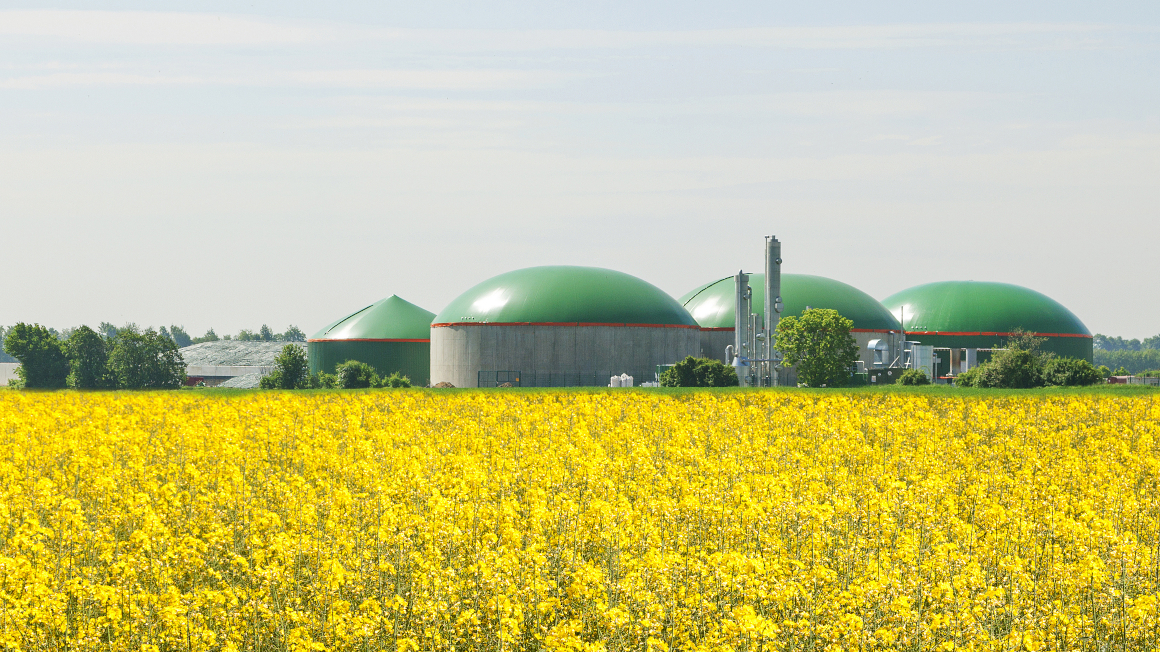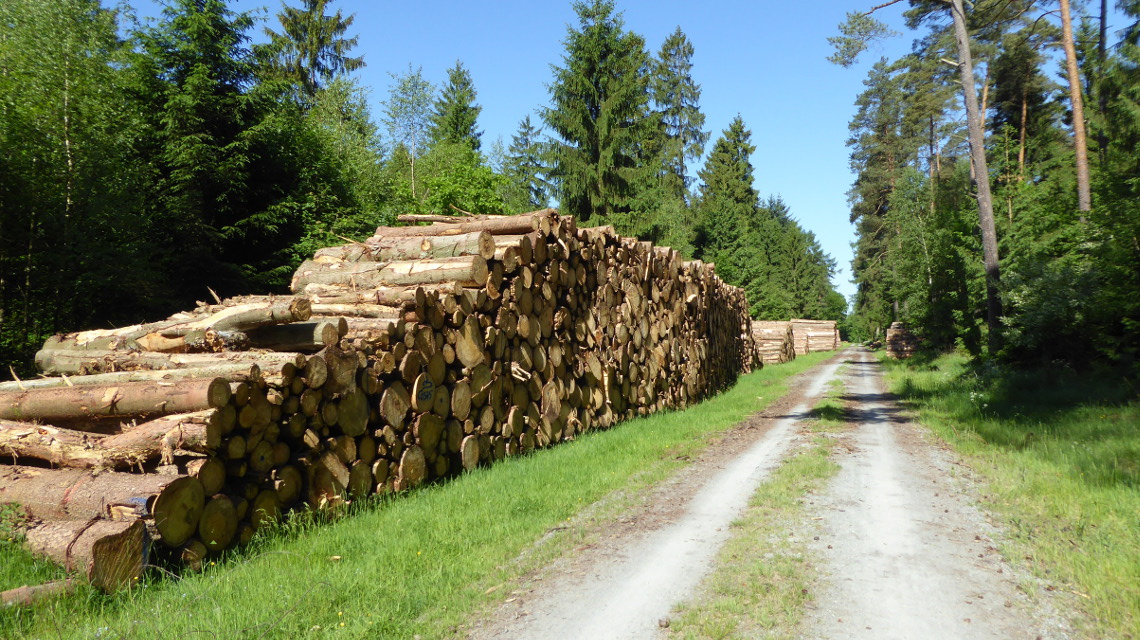Sustainable methanol production from biomass
Researchers at Friedrich-Alexander University Erlangen-Nuremberg (FAU) have developed a new process that will make the production of methanol from biomass significantly easier and more decentralised in the future.

Methanol is a valuable synthetic raw material in the chemical industry that is also used as a solvent and fuel. In future, methanol produced from plant-based raw materials and residues could replace some of the methanol currently based on fossil raw materials. However, this requires new processes that are less complex and energy-intensive than those used to date. Researchers at Friedrich-Alexander University Erlangen-Nuremberg (FAU) are now presenting a new method for sustainable methanol production from biomass.
Until now, research into methanol synthesis from biomass has focused on the gasification of biogenic raw materials. This means that residues from agriculture and forestry, as well as industrial waste products such as hydrolysates from paper production, first had to be dried, often ground, and then transported to large gasification plants.
Direct conversion of biomass into methanol
The new process developed by the FAU researchers makes these steps unnecessary: as the researchers report in the journal Green Chemistry, plant residues and waste materials can now be converted directly into methanol. This applies not only to dry biomass, but also to moist biomass such as pomace, grass clippings, wood chips and straw.
Decentralised methanol production possible
Another advantage is that the new process operates under mild reaction conditions and achieves carbon utilisation of around 80%. According to the researchers, this also allows smaller, self-sufficient plants to be operated, which are particularly interesting for agricultural businesses or agricultural cooperatives. ‘Methanol production can be decentralised more than before. For large agricultural or forestry businesses or agricultural cooperatives, investing in the new technology could well be worthwhile,’ says Patrick Schühle from the Chair of Chemical Reaction Engineering at FAU.
New opportunities for agri-PV
In addition, the integration of an electrolyser makes it possible to obtain the necessary hydrogen and oxygen directly on site from water. This means that the process can be powered by renewable electricity, for example from photovoltaics or wind power. The process would also offer new economic opportunities for agri-photovoltaics (agri-PV), the combined use of agricultural land for food and electricity production, according to the FAU team. They calculate that green methanol could be produced using this approach at a cost comparable to that of conventional methanol from natural gas.
bb


